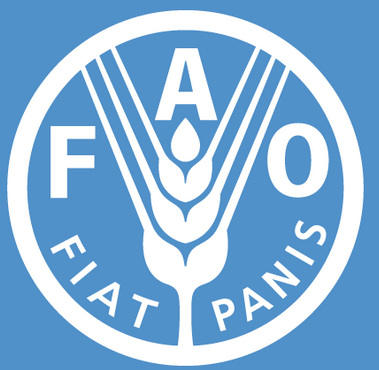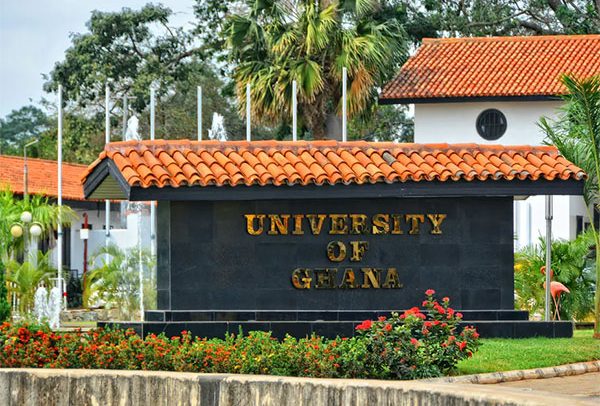
 The Food and Agriculture Organisation (FAO) is supporting government with a Technical Cooperation Project (TCP) to manage the Fall Army Worm (FAW) challenges in the country.
The Food and Agriculture Organisation (FAO) is supporting government with a Technical Cooperation Project (TCP) to manage the Fall Army Worm (FAW) challenges in the country.
The project dubbed: “Emergency Response for the Fall Armyworm” is to address the technical issues and weakness with coordination and backstop local capacity to develop an integrated pest management system.
It is also to strengthen institutional capacity for tackling future anticipated emergencies and restore the productive capacities of vulnerable and worst affected farm families.
Dr Sagre Bambangi, Deputy Minister of Food and Agriculture, speaking at an inception workshop, said the project was expected to address the limited resources including surveillance equipment such as pheromone traps and lures and limited personal protective equipment.
He said the project would benefit field and technical staff of the Ministry, essentially the Plant Protection and Regulatory Services, extension agents and Statistics, Research and Information Directorate and other units in the Ministry.
Dr Bambangi said government has already established a national FAW taskforce with sub-committee for awareness creation, surveillance, management and research and coordination.
He said government has also distributed a range of biological and chemical pesticides for spraying affected farmlands across the ten regions of the country.
Dr Bambangi expressed the hope that the successful implementation of the project would result in a sustainable approach to the containment of the current menace caused by the FAW through well-coordinated management regime, training programmes and development of early warning systems.
The Minister said the Ministry is committed to ensuring that the set target and objectives of the project are achieved, one year from now, adding that “the Ministry will put the resources available to support the smooth implementation for the benefit of the sector.
Dr Abebe Haile-Gabriel, the FAO Regional Programme Leader for Africa and Representative to Ghana, said the FAW has a serious threat to food security of the nation, since maize and these other crops were the major staple food crops for Ghanaians.
He said if the FAW was not controlled, its negative impact could also undermine the laudable efforts of government towards agricultural transformation including the Planting for Food and Jobs among others.
He commended government for its leadership and response to the outbreak of the FAW.
He said there was also the extra risk of heightened pesticide residues in the production environment and in consumed produces, adding that going forward, more focus should be put on the integrated Pest Management (IPM), which emphasis the growth of a healthy crop with the least possible disruption to agro-ecosystems and encourages natural pest control mechanism.
Dr Abebe said FAO was developing a long-term IPM-based strategy for the sustainable management of FAW, which includes forecasting, crop monitoring, use of biological control options and resistant varieties, promotion of good agricultural practices and as a last resort option, the use of pesticides.
He said there is the need for Ghana to develop and promote a sustainable FAW management practices through sensitisation, awareness creation, surveillance and exploring integrated pest management interventions.
Source: GNA
The post FAO supports government with cooperation project to manage FAW appeared first on Ghana Business News.
The Food and Agriculture Organisation (FAO) is supporting government with a Technical Cooperation Project (TCP) to manage the Fall Army Worm (FAW) challenges in the country. The project dubbed: “Emergency…
The post FAO supports government with cooperation project to manage FAW appeared first on Ghana Business News.
Read Full Story













Facebook
Twitter
Pinterest
Instagram
Google+
YouTube
LinkedIn
RSS